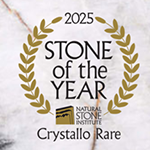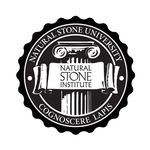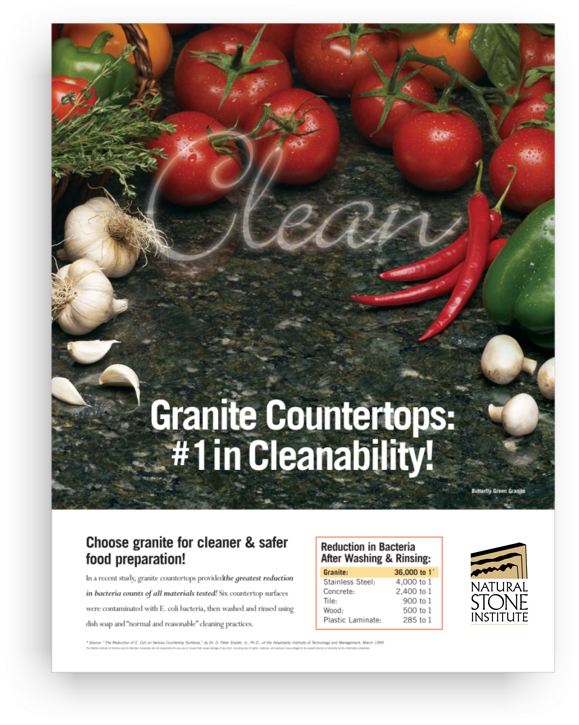Countertop Sanitation
Today's consumer is offered a wide range of surfacing materials for use in countertop applications. Once in service, these countertop surfaces will be exposed to a variety of contaminative substances. The key safety issue to the consumer is the degree of cleanability of the surface material, that is, how easily any contaminants can be removed using normal and reasonable cleaning practices.
The following study by Dr. O. Peter Snyder of the Hospitality Institute of Technology and Management (www.hi-tm.com) used E. coli bacteria as its contaminating agent. The findings of the report show significant cleanability advantages of natural granite countertops over almost all other commonly found countertop surface materials.
The study included 6 countertop surfaces which were washed and rinsed after exposure to the bacteria. They were later cleaned with a 10% solution of white household vinegar (1 part 5% vinegar, 9 parts water). Bacteria counts were taken after both cleaning methods.
Granite Ranked 1st in Cleanability
After washing and rinsing, the granite tops provided the greatest reduction in bacteria counts of all the countertop materials tested:
| Granite: | 36,000 to 1 |
| Stainless Steel: | 4,000 to 1 |
| Concrete: | 2,400 to 1 |
| Tile: | 900 to 1 |
| Wood: | 500 to 1 |
| Plastic Laminate: | 285 to 1 |
When Dilute Vinegar Solution Used: Granite 2nd Only to Stainless Steel
Counts taken after the application of the dilute vinegar solution showed the granite having a bacteria count reduction second only to stainless steel, but 160 times better than the next closest material:
| Stainless Steel: | 230,000,000 to 1 |
| Granite: | 80,000,000 to 1 |
| Plastic Laminate: | 500,000 to 1 |
| Tile: | 233,000 to 1 |
| Concrete: | 30,600 to 1 |
| Wood: | 2,000 to 1 |
Caution: The reader is cautioned that although vinegar was used as a disinfectant for the purpose of this test, there are some granite species that contain trace mineral groups which could be attacked by exposure to acidic solutions. Some sealers, impregnators, or other agents applied to the stone may also be subject to attack or discoloration from mild acids. Do not use vinegar as a cleaning agent without consulting your stone supplier as to the mineralogy of your particular granite as well as the compatibility of any sealer or impregnator that may have been applied to the stone. Vinegar should never be used on calcareous stones such as marble, limestone, or travertine.
We have reprinted Dr. Snyder’s report in its entirety herein for your review (click here).
This technical bulletin contains general guidelines. The Marble Institute of America and its Member companies are not responsible for any use or misuse that causes damage of any kind, including loss of rights, materials, and personal injury alleged to be caused directly or indirectly by the information contained in this document.
Granite Cleanability Poster
The eye-catching "Granite Cleanability" poster features a full-color photograph of fresh vegetables on a Butterfly Green granite countertop. Summarized below the image are results from a recent study conducted by the Hospitality Institute of Technology and Management that found granite to be #1 in cleanability when tested against stainless steel, laminate, wood, and other countertop surfaces.
- Natural Stone Institute Member Price: $15 US each for 1-3 posters; $10 each when ordering 4 or more
- Non-member Price: $25 US per copy
- Posters will be shipped in tubes. For shipments outside the continental U.S. and Canada, contact the Natural Stone Institute for a shipping quote.
- Order Form
For a countertop sanitation study comparing natural with engineered stone (February 2006), click here.













